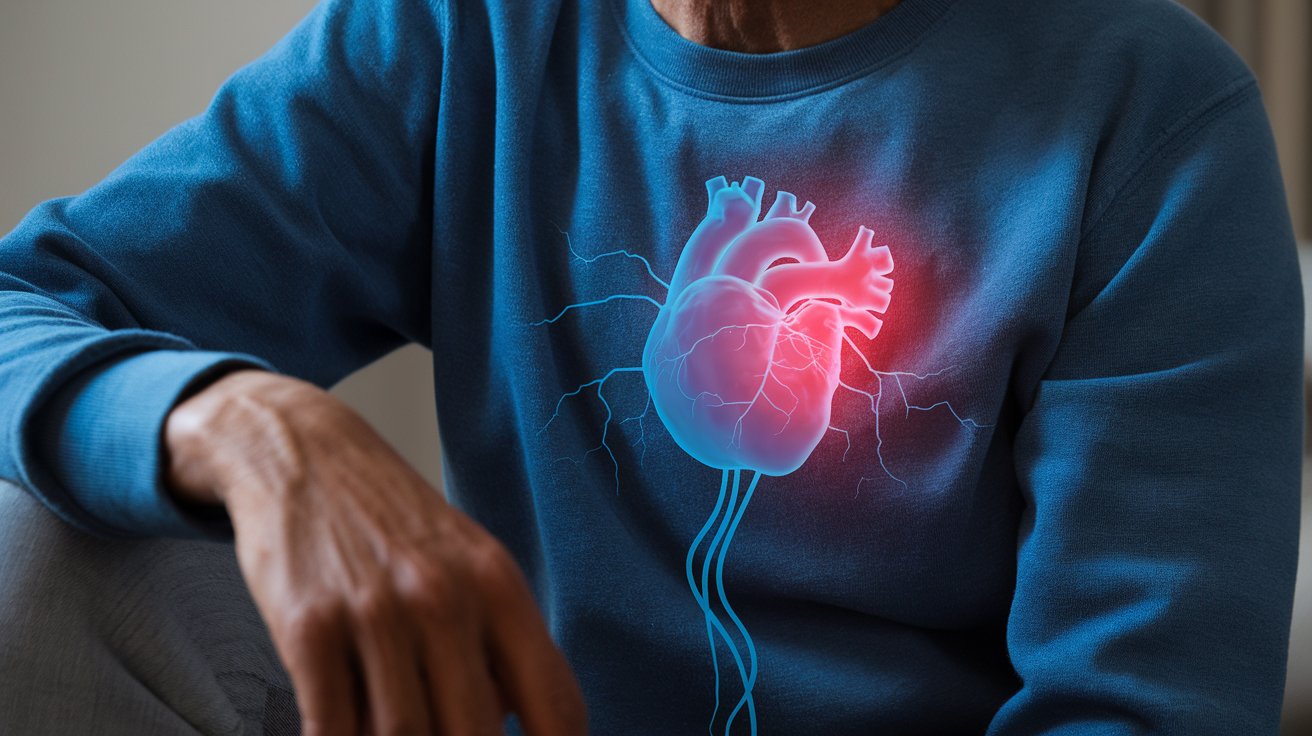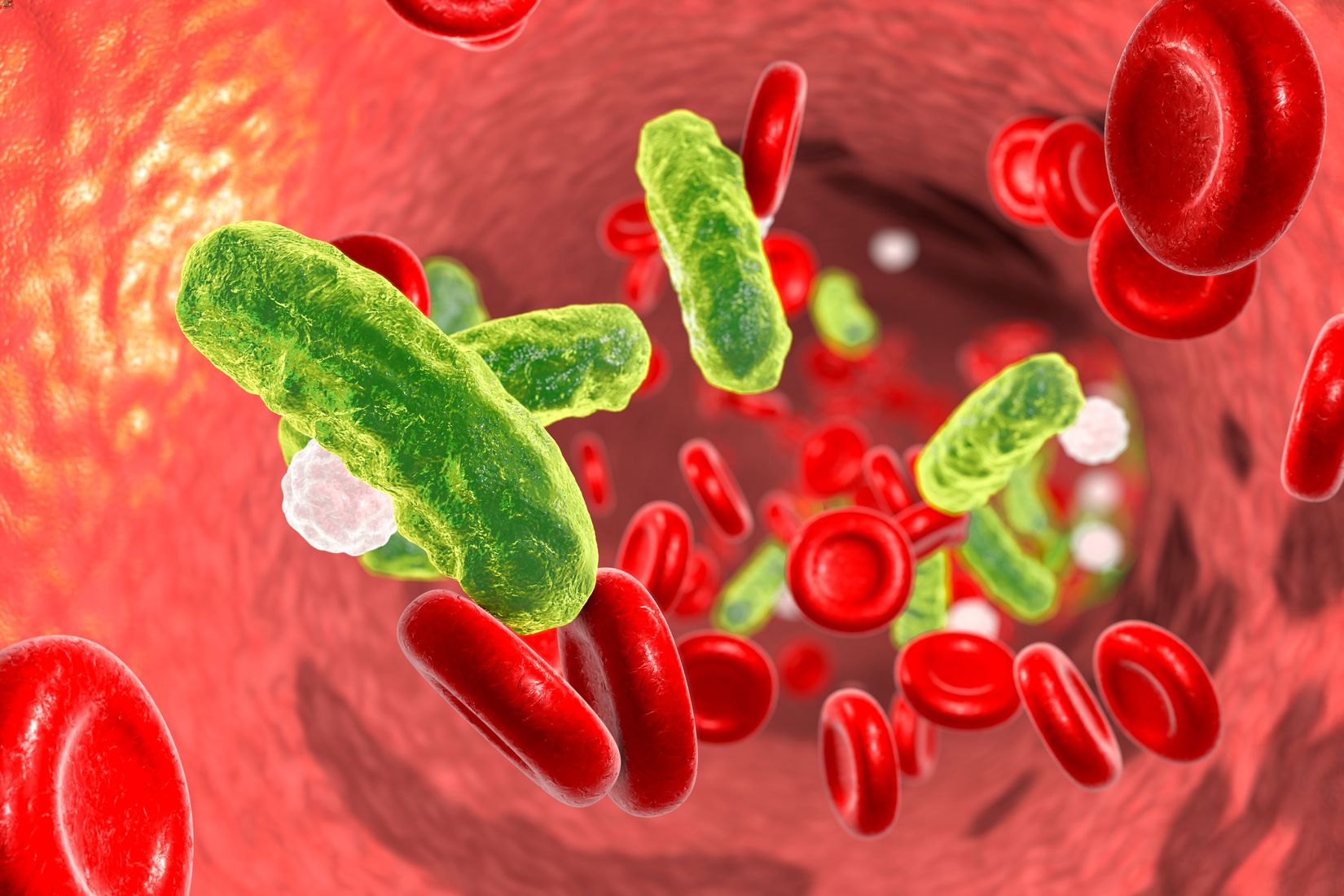
Pacemaker Syndrome is a condition that can occur in individuals with a pacemaker. But what exactly is it? In simple terms, it's when the heart's natural rhythm and the pacemaker's rhythm don't sync up properly. This mismatch can lead to symptoms like dizziness, fatigue, and shortness of breath. Why does this happen? It usually occurs because the pacemaker is not programmed correctly or the heart's electrical system changes over time. Who is at risk? Anyone with a pacemaker could potentially experience this syndrome, but it's more common in older adults. How is it treated? Adjusting the pacemaker settings often helps, but sometimes a different type of pacemaker might be needed. Understanding these facts can help you recognize symptoms early and seek appropriate treatment.
Key Takeaways:
- Pacemaker syndrome can cause dizziness, fatigue, and shortness of breath due to a disrupted heart rhythm. Adjusting the pacemaker settings and regular check-ups are key for managing this condition.
- Living with pacemaker syndrome requires lifestyle adjustments like a healthy diet, regular exercise, and stress management. Joining support groups can provide emotional support and practical advice.
What is Pacemaker Syndrome?
Pacemaker syndrome is a condition that arises when a pacemaker, a device implanted to regulate heartbeats, causes symptoms due to the heart's altered rhythm. Understanding this condition is crucial for those with pacemakers or considering one.
- Pacemaker syndrome occurs when the heart's upper and lower chambers are not synchronized, leading to inefficient blood flow.
- Symptoms can include dizziness, fatigue, and shortness of breath, affecting daily activities.
- The condition can develop immediately after pacemaker implantation or years later.
- Both single-chamber and dual-chamber pacemakers can cause this syndrome.
- Adjusting the pacemaker's settings often alleviates symptoms.
Symptoms of Pacemaker Syndrome
Recognizing the symptoms of pacemaker syndrome can help in seeking timely medical intervention. These symptoms can vary in severity and impact.
- Patients may experience palpitations, a sensation of the heart racing or pounding.
- Some individuals report chest pain or discomfort, similar to angina.
- Lightheadedness or fainting spells are common due to reduced blood flow to the brain.
- Exercise intolerance, where physical activity becomes unusually tiring, is another symptom.
- Swelling in the legs or abdomen can occur due to fluid retention.
Causes of Pacemaker Syndrome
Understanding the causes of pacemaker syndrome can help in preventing or managing the condition effectively. Various factors contribute to its development.
- The most common cause is the loss of atrioventricular (AV) synchrony, where the timing between the heart's chambers is disrupted.
- Inappropriate pacemaker settings can lead to symptoms, necessitating adjustments.
- Changes in the heart's natural conduction system over time can trigger the syndrome.
- Certain medications that affect heart rhythm may exacerbate the condition.
- Structural heart diseases, such as cardiomyopathy, can increase the risk.
Diagnosis of Pacemaker Syndrome
Accurate diagnosis is essential for managing pacemaker syndrome. Several methods are used to identify the condition.
- Electrocardiograms (ECGs) are commonly used to detect abnormal heart rhythms.
- Holter monitors, which record heart activity over 24-48 hours, provide detailed information.
- Echocardiograms can assess heart function and detect structural issues.
- Pacemaker interrogation, where the device's data is analyzed, helps in diagnosing the syndrome.
- Blood tests may be conducted to rule out other conditions with similar symptoms.
Treatment Options for Pacemaker Syndrome
Various treatment options are available for pacemaker syndrome, depending on the severity and underlying cause. These treatments aim to restore normal heart function and alleviate symptoms.
- Reprogramming the pacemaker is often the first step, adjusting settings to improve synchrony.
- Medications such as beta-blockers or calcium channel blockers may be prescribed to manage symptoms.
- In some cases, upgrading to a more advanced pacemaker, like a biventricular device, is necessary.
- Lifestyle changes, including diet and exercise modifications, can support overall heart health.
- Regular follow-ups with a cardiologist ensure timely adjustments and monitoring.
Living with Pacemaker Syndrome
Living with pacemaker syndrome requires ongoing management and lifestyle adjustments. Understanding how to cope with the condition can improve quality of life.
- Patients should monitor their symptoms and report any changes to their healthcare provider.
- Maintaining a healthy diet low in sodium and rich in fruits and vegetables supports heart health.
- Regular, moderate exercise helps maintain cardiovascular fitness without overexertion.
- Stress management techniques, such as meditation or yoga, can reduce the impact of symptoms.
- Joining support groups provides emotional support and practical advice from others with similar experiences.
Prognosis and Long-term Outlook
The long-term outlook for individuals with pacemaker syndrome varies. With proper management, many can lead normal, active lives.
- Early diagnosis and treatment significantly improve the prognosis.
- Regular medical check-ups are crucial for monitoring and managing the condition.
- Advances in pacemaker technology continue to improve outcomes for patients.
- Ongoing research aims to develop better treatment strategies and enhance quality of life for those affected.
Key Points to Remember
Pacemaker syndrome can significantly impact a person's quality of life. Recognizing symptoms like dizziness, fatigue, and palpitations early can lead to better management. Treatment often involves adjusting the pacemaker settings or, in some cases, replacing the device. Regular check-ups with a cardiologist are crucial for monitoring and maintaining heart health.
Understanding the condition helps patients and caregivers make informed decisions. If you or someone you know has a pacemaker, staying informed about potential complications is essential. Knowledge empowers you to seek timely medical advice and improve overall well-being.
Remember, while pacemakers are life-saving devices, they require careful management. Stay proactive, communicate with healthcare providers, and prioritize heart health. By doing so, you can lead a healthier, more comfortable life despite the challenges posed by pacemaker syndrome.
Frequently Asked Questions
Was this page helpful?
Our commitment to delivering trustworthy and engaging content is at the heart of what we do. Each fact on our site is contributed by real users like you, bringing a wealth of diverse insights and information. To ensure the highest standards of accuracy and reliability, our dedicated editors meticulously review each submission. This process guarantees that the facts we share are not only fascinating but also credible. Trust in our commitment to quality and authenticity as you explore and learn with us.


